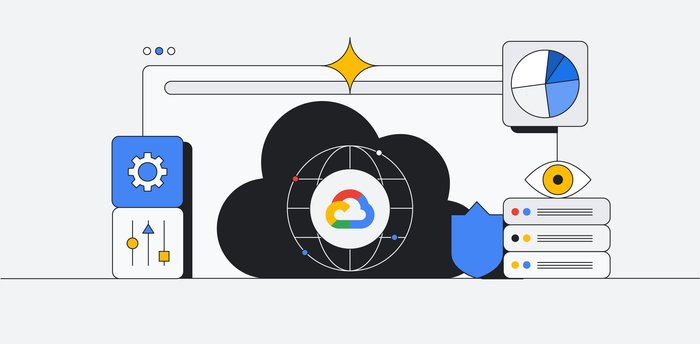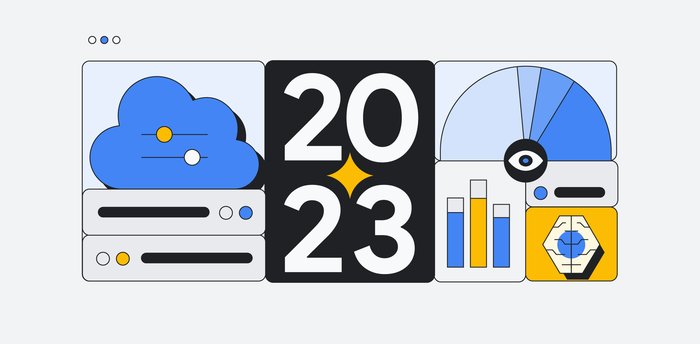gRPC: a true internet-scale RPC framework is now 1.0 and ready for production deployments
Varun Talwar
Product Manager, Cloud Service Platform
Building highly scalable, loosely coupled systems has always been tough. With the proliferation of mobile and IoT devices, burgeoning data volumes and increasing customer expectations, it's critical to be able to develop and run systems efficiently and reliably at internet scale.
In these kinds of environments, developers often work with multiple languages, frameworks, technologies, as well as multiple first- and third-party services. This makes it hard to to define and enforce service contracts and to have consistency across cross-cutting features such as authentication and authorization, health checking, load balancing, logging and monitoring and tracing, all the while maintaining efficiency of teams and underlying resources. It becomes especially challenging in today’s cloud-native world, where new services need to be added very quickly and the expectation from each service is to be agile, elastic, resilient, highly available and composable.
For the past 15 years, Google has solved these problems internally with Stubby, an RPC framework that consists of a core RPC layer that can handle internet-scale of tens of billions of requests per second (yes, billions!). Now, this technology is available for anyone as part of the open-source project called gRPC. It's intended to provide the same scalability, performance and functionality that we enjoy at Google to the community at large.
gRPC can help make connecting, operating and debugging distributed systems as easy as making local function calls; the framework handles all the complexities normally associated with enforcing strict service contracts, data serialization, efficient network communication, authentications and access control, distributed tracing and so on. gRPC along with protocol buffers enables loose coupling, engineering velocity, higher reliability and ease of operations. Also, gRPC allows developers to write service definitions in a language-agnostic spec and generate clients and servers in multiple languages. Generated code is idiomatic to languages and hence feels native to the language you work on.
Today, the gRPC project has reached a significant milestone with its 1.0 release and is now ready for production deployments. As a high performance, open-source RPC framework, gRPC features multiple language bindings (C++, Java, Go, Node, Ruby, Python and C# across Linux, Windows and Mac). It supports iOS and Android via Objective-C and Android Java libraries, enabling mobile apps to connect to backend services more efficiently. Today’s release offers ease-of-use with single-line installation in most languages, API stability, improved and transparent performance with open dashboard, backwards compatibility and production readiness. More details on gRPC 1.0 release are available here.
Community interest in gRPC has seen tremendous pick-up from beta to 1.0, and it's been adopted enthusiastically by companies like Netflix to connect microservices at scale.
With our initial use of gRPC, we've been able to extend it easily to live within our opinionated ecosystem. Further, we've had great success making improvements directly to gRPC through pull requests and interactions with the Google team that manages the project. We expect to see many improvements to developer productivity, and the ability to allow development in non-JVM languages as a result of adopting gRPC.
- Timothy Bozarth, engineering manager at Netflix
CoreOS, Vendasta and Cockroachdb use gRPC to connect internal services and APIs. Cisco, Juniper, Arista and Ciena rely on gRPC to get streaming telemetry from network devices.
At CoreOS, we’re excited by the gRPC v1.0 release and the opportunities it opens up for people consuming and building what we like to call GIFEE — Google’s Infrastructure for Everyone Else. Today, gRPC is in use in a number of our critical open-source projects such as the etcd consensus database and the rkt container engine.
- Brandon Philips, CTO of CoreOS
And Square, which has been working with Google on gRPC since the very early days, is connecting polyglot microservices within its infrastructure.
As a financial service company, Square requires a robust, high-performance RPC framework with end-to-end encryption. It chose gRPC for its open support of multiple platforms, demonstrated performance, the ability to customize and adapt it to its codebase, and most of all, to collaborate with a wider community of engineers working on a generic RPC framework.
You can see more details of the implementation on Square’s blog. You can also watch this video about gRPC at Square, or read more customer testimonials.
With gRPC 1.0, the next generation of Stubby is now available in the open for everyone and ready for production deployments. Get started with gRPC at grpc.io and provide feedback on the gRPC mailing list.


